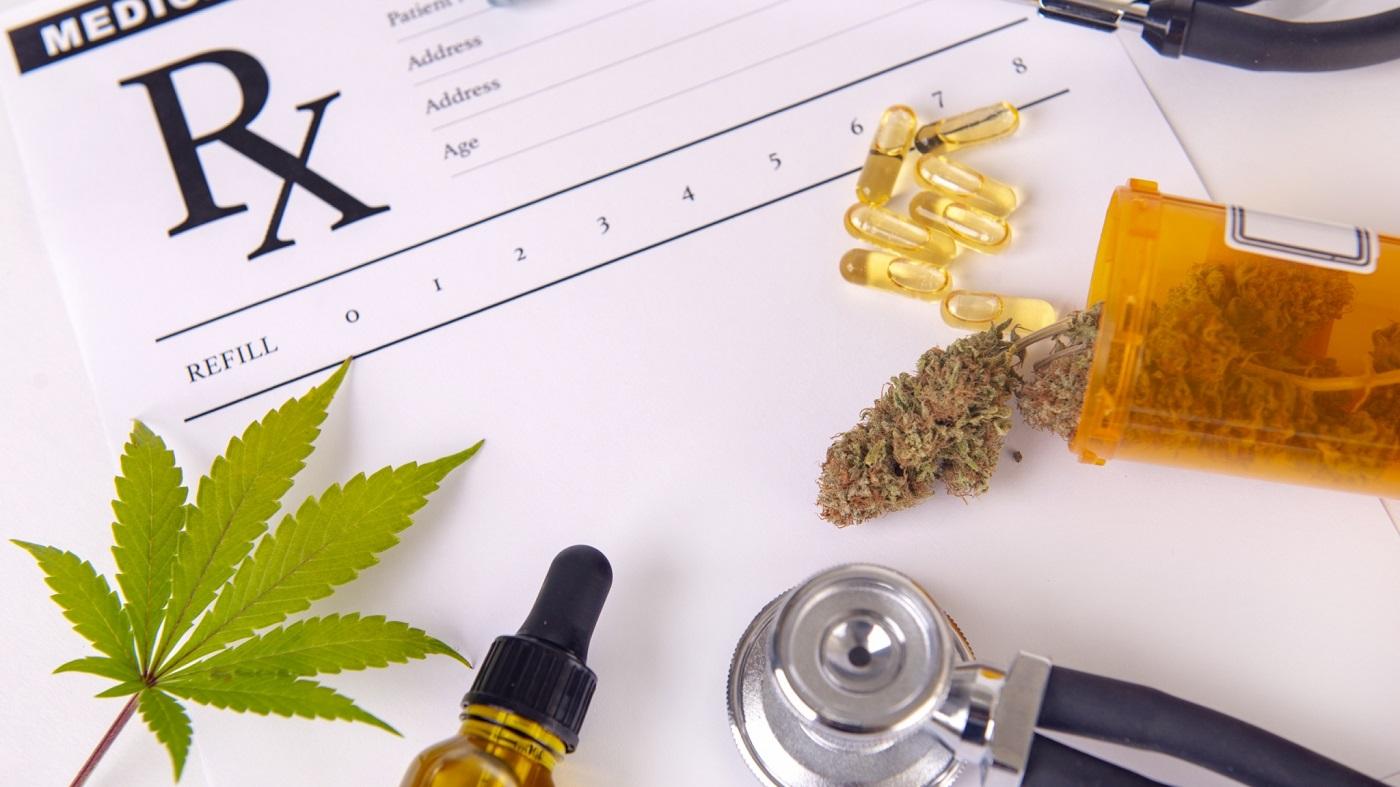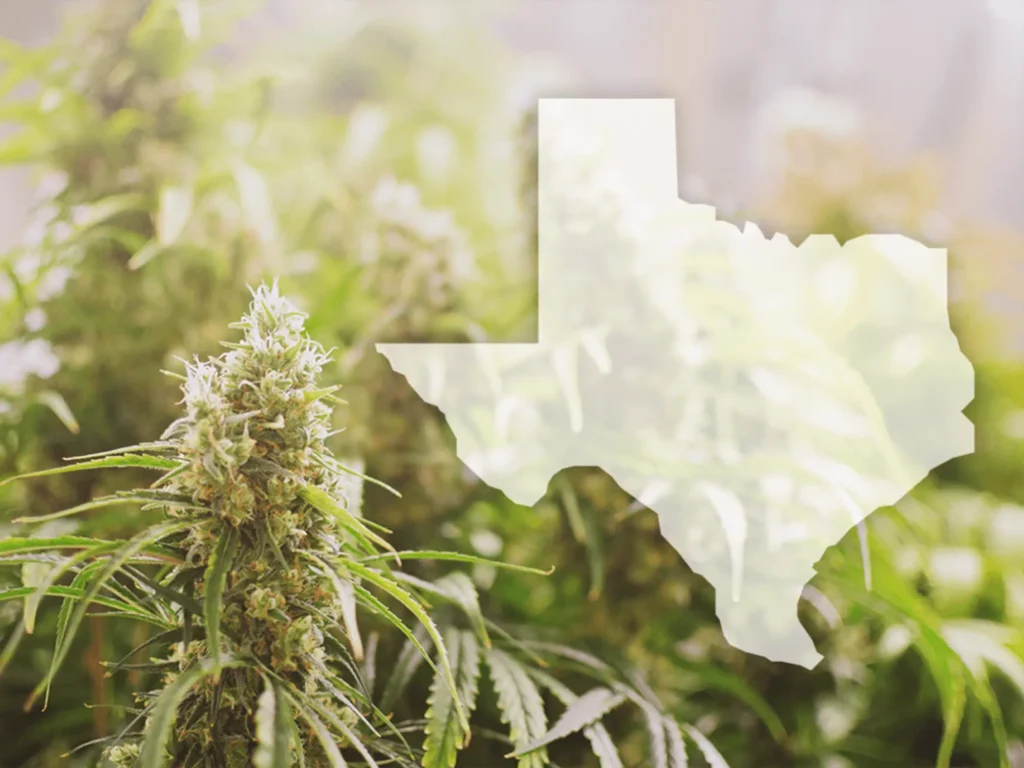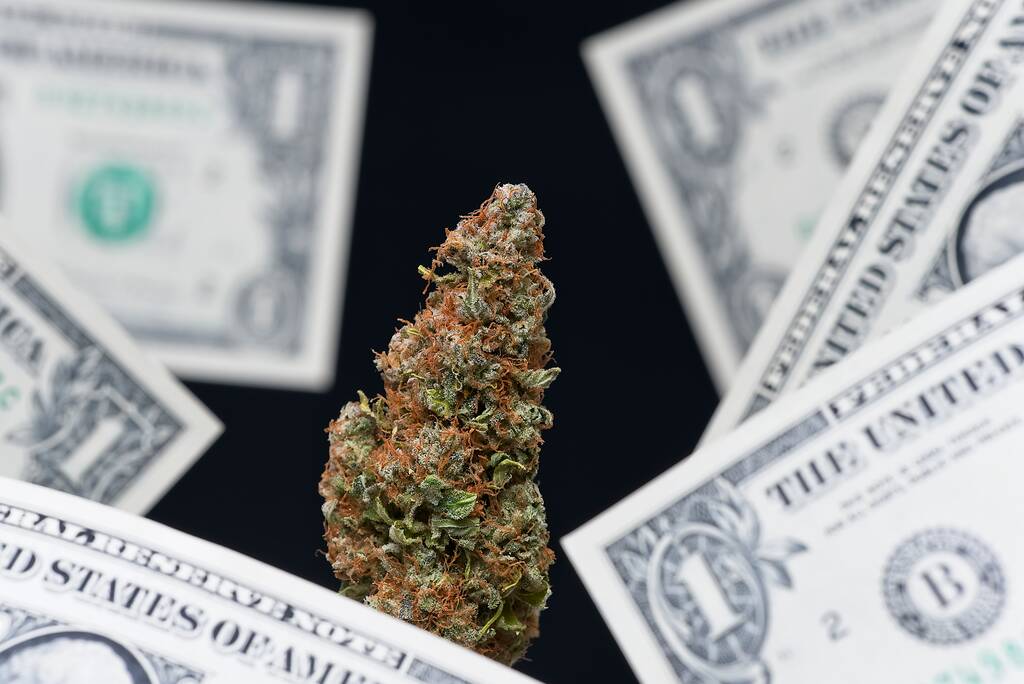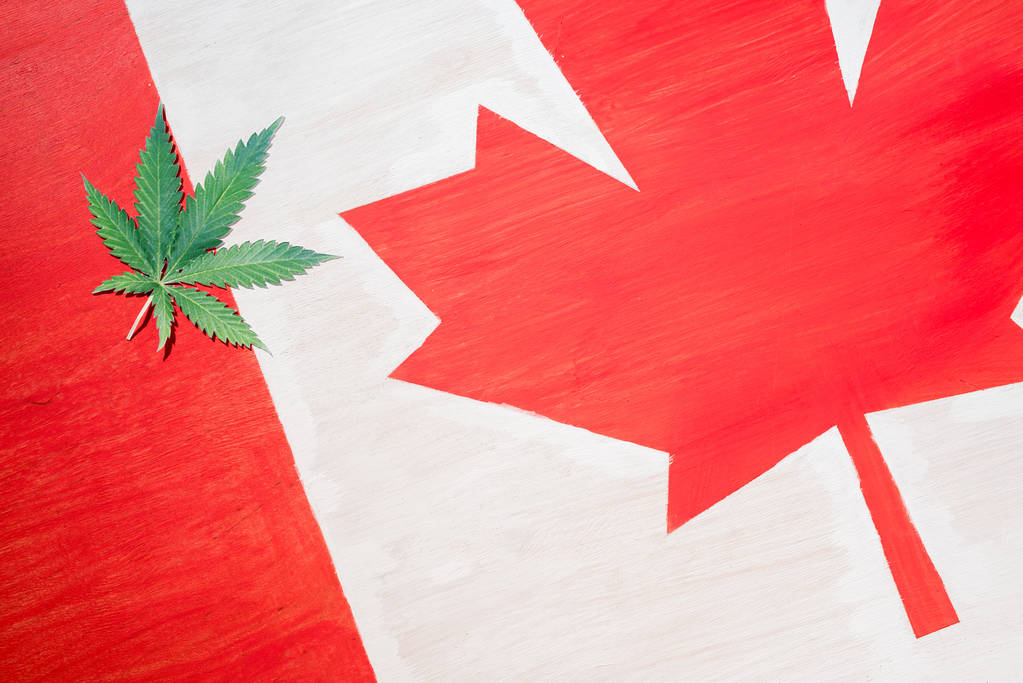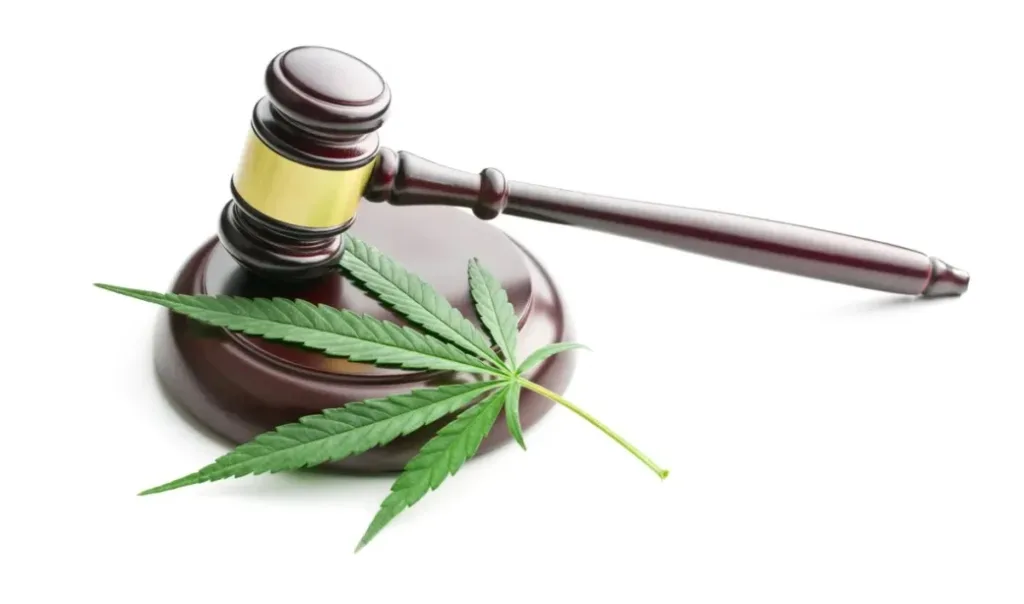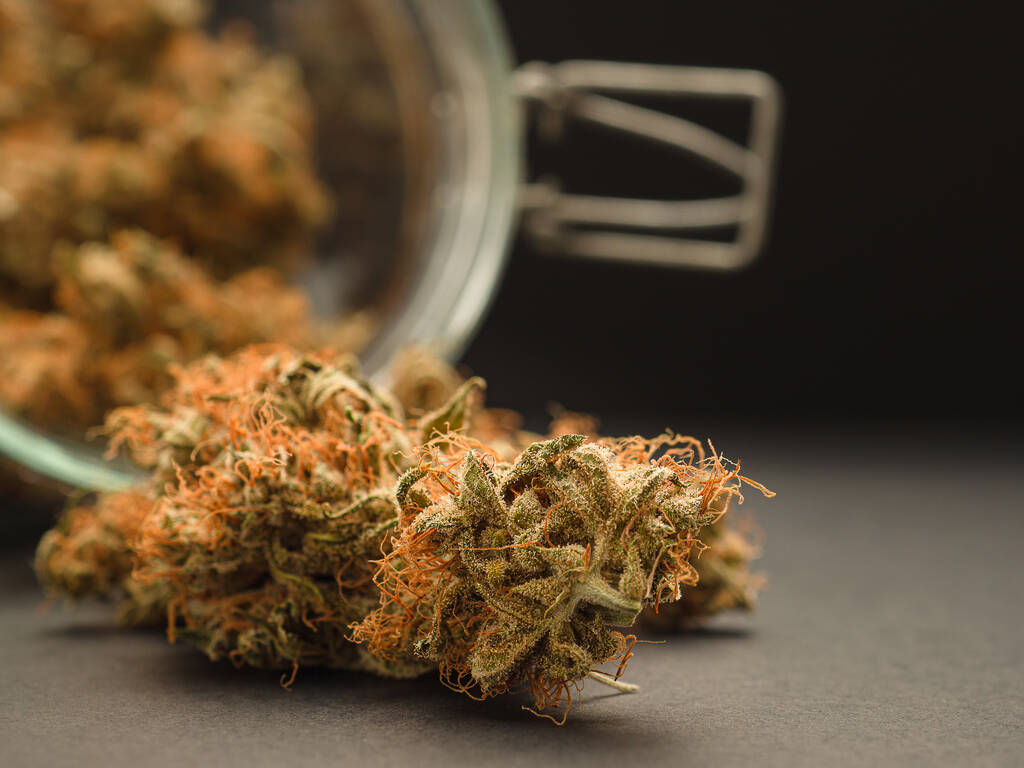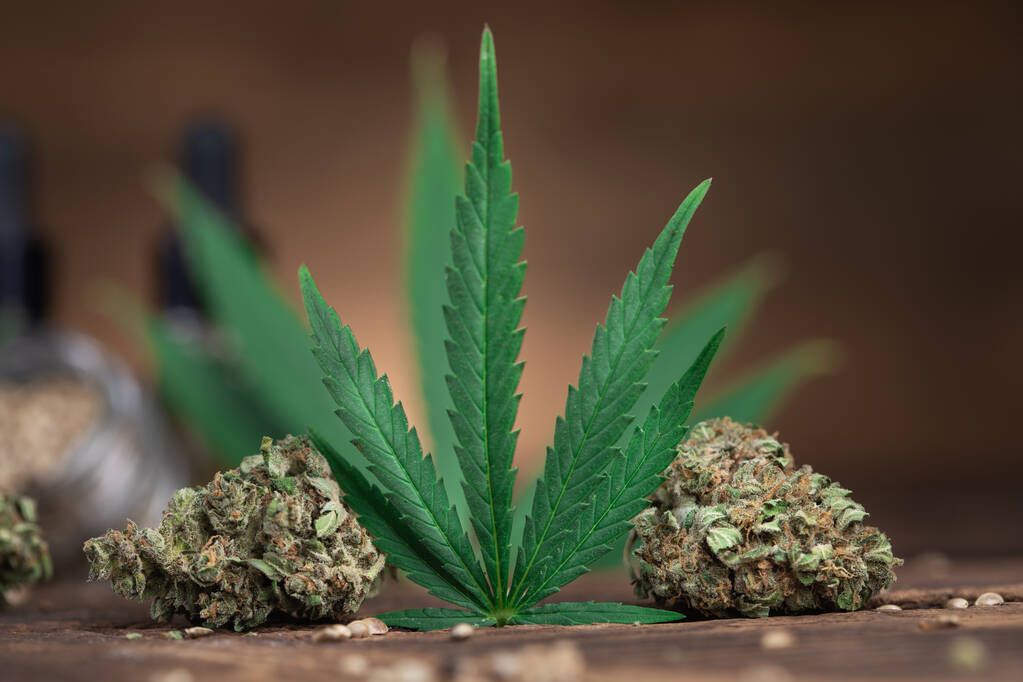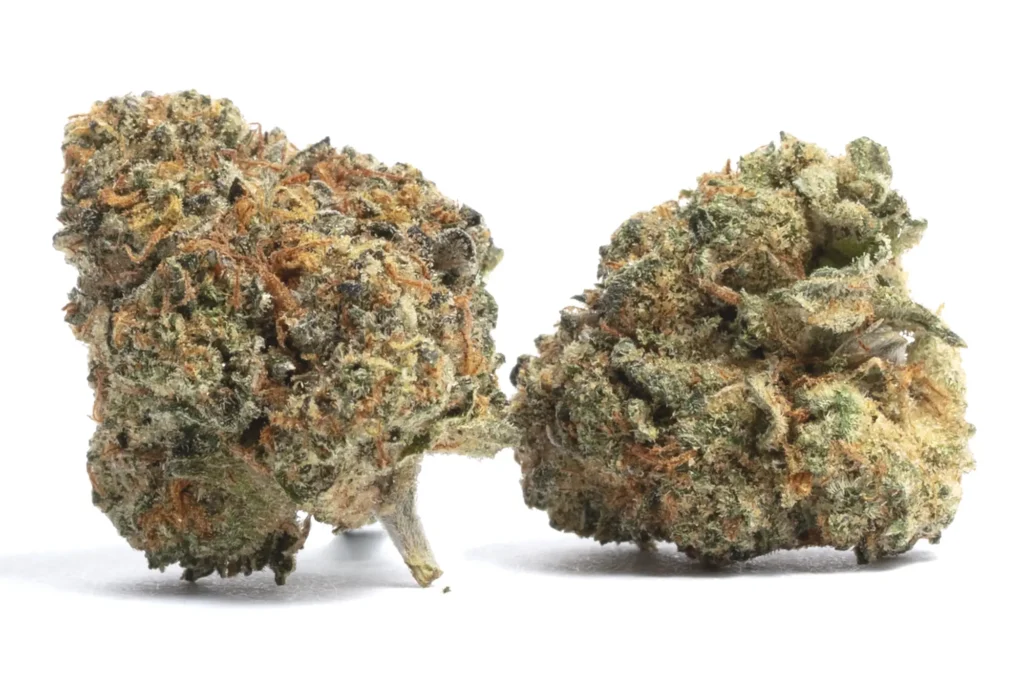New Jersey’s cannabis market leads the nation in social equity licensing, but the majority of license holders are still waiting to open their doors.

That’s the key takeaway from a new Q1 2025 benchmark report released by the New Jersey Cannabis Regulatory Commission, which shows that nearly half of all cannabis licensees in the state are minority-owned.
According to the report, 48% of cannabis licensees identify as minority-owned, while 44% are women or disabled veteran-owned. Both figures far exceed New Jersey’s 15% benchmark for equity participation. Compared to national averages — 19% for minority-owned businesses and 16% for women-owned— New Jersey appears to be outperforming most of the country in ownership diversity.
Continue reading

